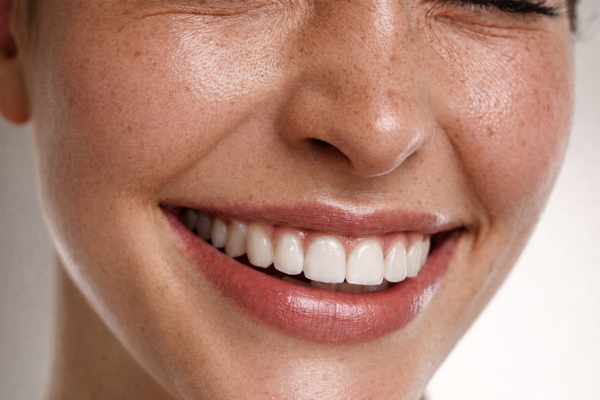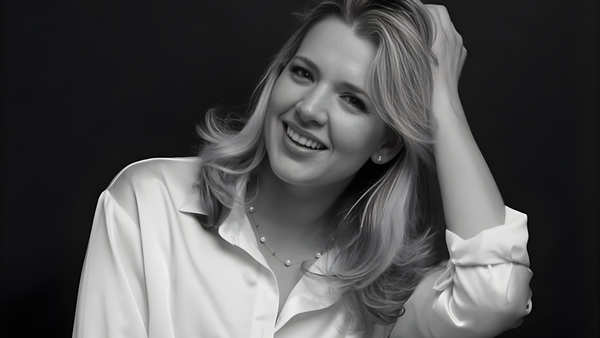Buy Now, Pay Later: The Price We Pay to Become a Dental Hygienist

By Dana Paladino, BS, BSDH, MS
Do you remember life before and during dental hygiene school? If you ask most dental hygienists, they will tell you those were some of the most difficult times of their lives. We all assume the golden ticket to happiness awaits us when we finally receive our dental hygiene degree. Yet, the rise of burnout in the dental hygiene profession suggests otherwise. Reflecting on my time in formal dental hygiene education, I began to wonder: does burnout start after graduation—or sometime before?
The Hidden Cost of Becoming a Hygienist
Dental hygiene school has the potential to create subconscious habits that may lead to burnout later in our careers. It all begins with the decision to apply. Seats in these programs are highly competitive and limited, which drives us to create the “perfect dental hygiene avatar” of ourselves.
This avatar strives for the best grades, the strongest experiences, and glowing reference letters to ensure acceptance. Errors or setbacks during this time often diminish confidence and push us harder toward becoming the “perfect” candidate.
The Avatar That Won’t Disappear
That avatar doesn’t go away once we’re accepted. In fact, it often grows—until it becomes difficult to separate the real person from the performance. A unique dental hygiene subculture emerges, one that normalizes the need for perfection:
- Mistakes feel unacceptable.
- Failure is not an option.
- Sleepless nights and breakdowns are considered “normal.”
Sometimes these pressures are exacerbated by faculty, but more often, they are invisible standards we place on ourselves. Combined with the unparalleled rigors of school, this culture creates habits that can later fuel burnout.
From Starry-Eyed to Sleep-Deprived
As a dental hygiene educator, I witnessed a clear shift in my students from the first day to graduation. They entered starry-eyed and fresh-faced—only to leave exhausted, stressed, and dependent on caffeine.
After several years of this lifestyle, how can we expect new graduates to suddenly shed these subconscious habits and step into the profession as balanced, self-assured clinicians? The goal is to become a dental hygienist, but the true price we pay often isn’t realized until burnout occurs.
Does Burnout Start in School?
Is it possible that dental hygiene school culture transforms passionate, entry-level professionals into future burnt-out “hygiene haters”? It’s a question worth asking.
The rise in burnout stories shared online reflects not only the depth of the problem but also an increase in awareness. The growth of dental hygiene coaches who specialize in burnout further proves the overwhelming need for support in this area. Perhaps the first step is acknowledging where these habits begin—so we can address them earlier.
Preparing for the Journey
For students embarking on this journey, preparation is key:
- Address finances, learning challenges, and mental health needs before the first day.
- Build a foundation in self-care, mindset, and spirituality.
- Strengthen resilience to face the most difficult times.
Just as we learn the technical skills of becoming a dental hygienist, we must also learn how to care for ourselves. By prioritizing mental and physical needs early, students can avoid carrying destructive habits into their careers.
The Takeaway
With support, preparation, and self-care, it is possible to grow from a stressed-out dental hygiene student into a thriving professional who is mentally and physically ready for the demands of the field.
The price of becoming a hygienist may be high—but if we recognize the cost early, we can pay it without sacrificing our well-being.




